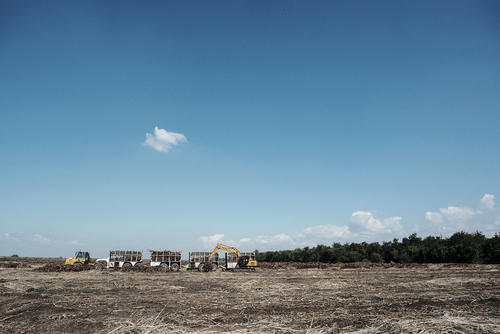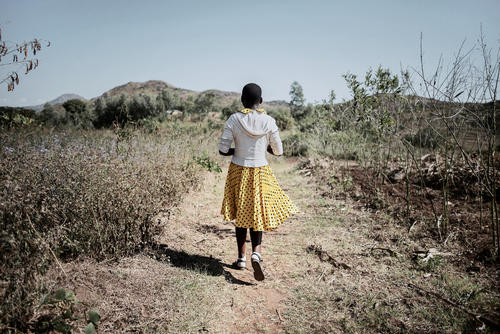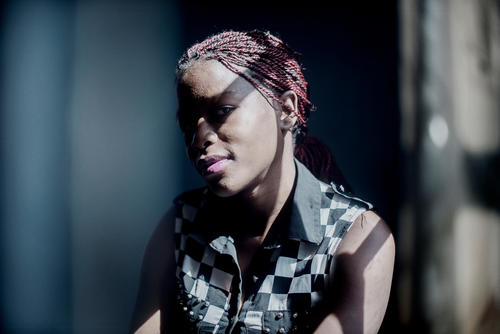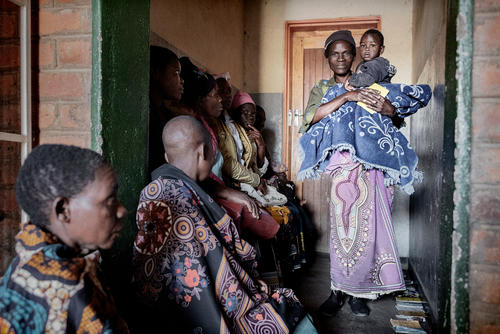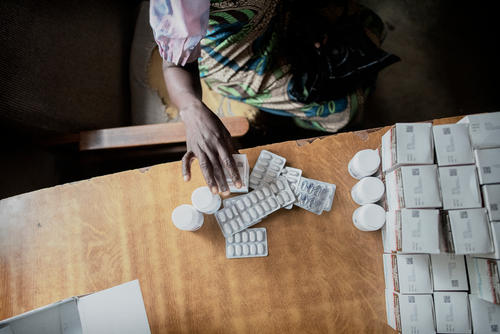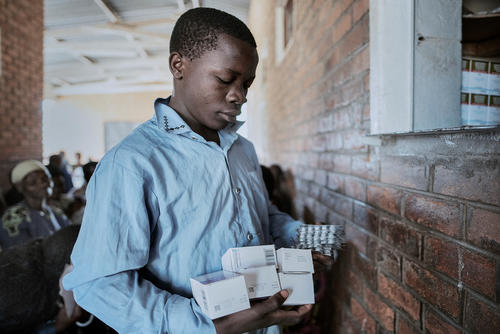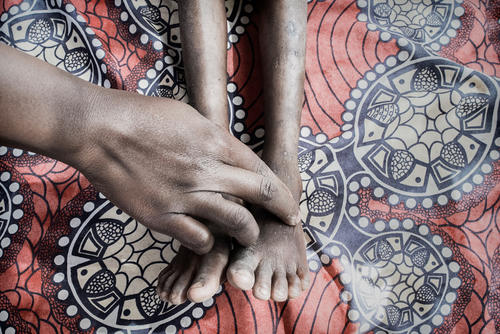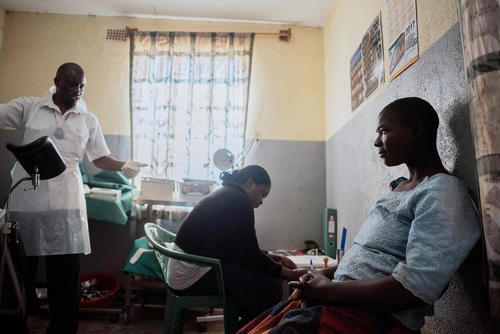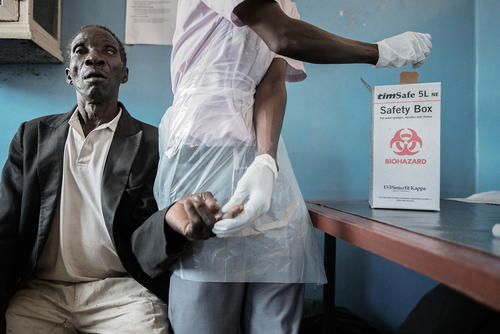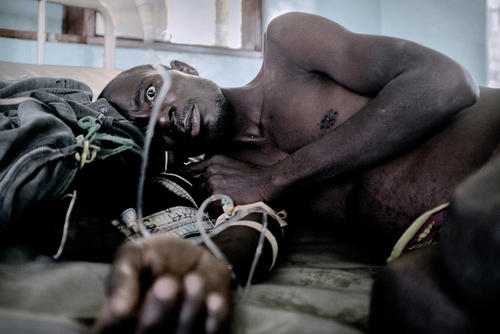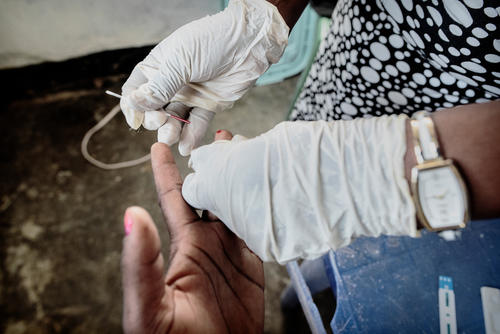Malawi was heavily affected by the HIV epidemic in the late ’90s and now has one of the most successful and innovative HIV programmes in southeast Africa. HIV prevalence has dropped from 15.2 per cent in 2003 (UNAIDS) to 10.6 per cent in 2016 (MPHIA). By mid-2017, 714,691 people living with HIV were taking lifelong antiretroviral treatment.
Yet HIV is the leading cause of death among adults in Malawi and 28,000 new cases are expected each year. MSF has been involved in the HIV response for years and today works in Chiradzulu and Nsanje, two districts in the Southern Region. We support the health ministry in meeting the health needs of particularly vulnerable people: children, adolescents and women living with HIV, severely ill people failing first-line antiretroviral treatment, and female sex workers.
